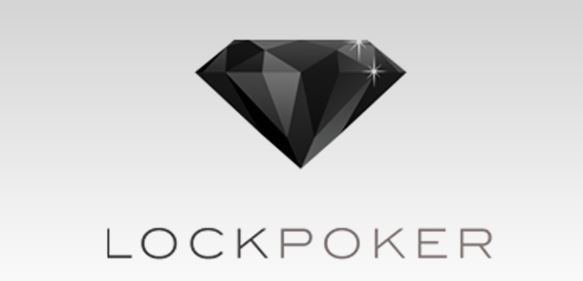With legal online poker currently only available in three U.S. states, the majority of Americans continue to frequent unregulated sites. And one of these sites is Lock Poker, or should I say “was,” because the disgraced site has finally shut down. That said, let’s discuss why this is a big deal, how much money they owe players, and how this is a win for politicians who don’t like unregulated online poker.
No Signs of Cyber Life
Lock Poker has been a frequently discussed topic in the poker world for months now, mainly because they haven’t processed any player transactions in over a year. So it seemed inevitable that they would either shut down one day, or be closed by the government. Well, it appears that the former has happened because, upon visiting the site, the software doesn’t connect to servers nor is live chat working. Another sign is that PokerScout.com, which monitors traffic rankings, has taken Lock off their list.
How much Money did Lock go down with?
What’s really sad about this ordeal is how many players have lost their deposit money. It’s hard putting an exact figure on how much Lock owed players through cashout requests and balances. But some TwoPlusTwo users estimate the amount to be as much as $15 million. This may not equal the hundreds of millions that (old) Full Tilt owed players after Black Friday; but it’s comparable to the CEREUS network (Absolute/UB Poker), which went down with around $40 million. Because Lock isn’t regulated, it appears that, much like the CEREUS situation, the U.S. government won’t be stepping in to do anything about the matter.
Not the First Time, Maybe not the Last
As discussed above, this certainly isn’t the first time that players have dealt with a shady poker room misappropriating their funds. Here’s a quick rundown of other unregulated operations that went belly-up with loads of player funds:
1. Full Tilt Poker – The ownership group didn’t ring-fence player deposits from operational funds/lucrative payments to themselves. When Black Friday hit, FTP was clearly in over their heads and couldn’t repay players. Luckily, PokerStars made a deal with the DoJ and, four years later, got most players their money back.
2. Absolute/UB (CEREUS network) – Another Black Friday casualty, the CEREUS network highlights what happens to player funds when PokerStars doesn’t buy a defunct site. Nobody has seen a dime of the estimated $40 million in missing money, and UB owner Scott Tom is still hiding out in Antigua these days.
3. Everleaf network – Everleaf was a much-smaller operation than the first two, but nevertheless, they did cater to thousands of Americans. A cease-and-desist order was sent to Everleaf in February 2012, which caused them to pull out of the U.S. market. Additionally, they had $27k in player transactions seized in 2011 (on order of Washington state), which also hampered the network. After numerous lies about players being repaid, Everleaf executives were eventually arrested over the matter.
Another Blow to Unregulated Online Poker
As can be seen by this tumultuous history, the unregulated online poker market has already had its share of black eyes. And Lock Poker is just one more huge blemish on what’s been a disgusting history. Last year, Congress discussed adding a measure to attack unregulated online poker sites through the $1.1 trillion “Cromnibus” spending bill. Well, the measure didn’t get added to Cromnibus, and it’s too bad when considering what’s happened so far in the grey market.
But one of the key concerns that politicians have, which is regulated markets competing against unregulated sites, may actually work itself out. After all, the failure of Lock Poker is just one more scary reminder that will keep some players away from grey-area poker sites.
